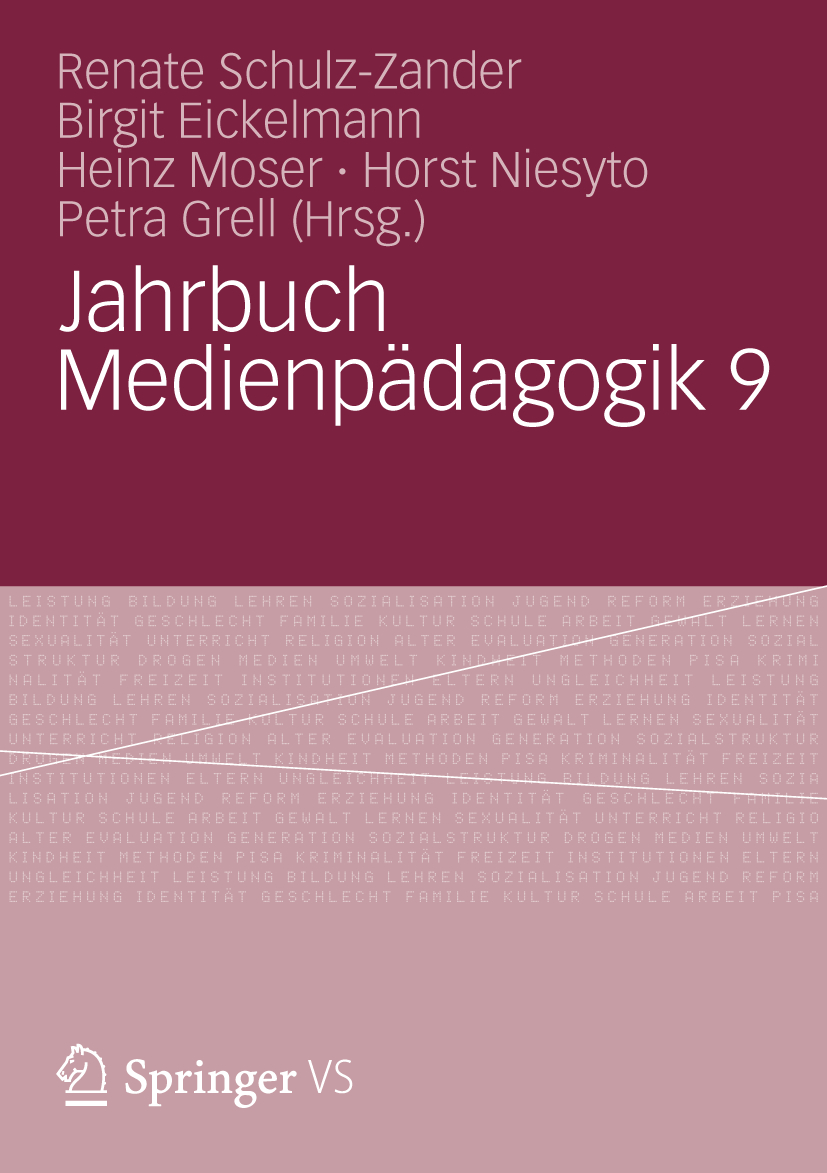Abstract
At the end of November 2010, the newspapers were full of positive news about the media competence of the young generation: "Young people know what they are doing on the internet", was the headline of "Die Welt" (Brühl 2010, 1). The headline refers to the JIM Study 2010 (Youth, Information, (Multi-)Media). The 13th edition of this study series also confirms that the internet has been a natural part of everyday life for adolescents for several years. At the same time, awareness of potential dangers seems to have grown. Among other things, young people are somewhat more sensitive about personal data than they were a year ago. Although the use of the internet is in the lead in the subjective importance of media activities among young people, next to listening to music, the time spent using other digital as well as traditional media has hardly decreased. Children and adolescents today grow up in mediatised worlds, although media use varies greatly according to educational background and in some areas also according to gender (cf. Medienpädagogischer Forschungsverbund Südwest 2010, 62 ff.; see also Lundby 2009; Lutz 2006). In addition, inequalities of opportunity exist in both the accessibility and usability of digital media. With the growing importance of media-based forms of communication, a lack of skills can lead to negative attributions and create or reinforce social disadvantage. At the same time, in professional discourse, digital media are often seen as having the potential to promote social and educational participation (cf. Kutscher 2009).
